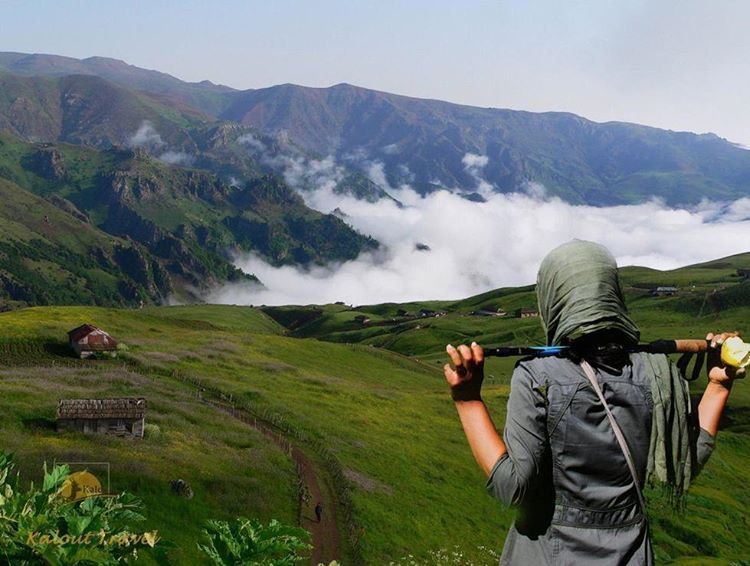Health & Medical Service In Iran
Iran is a country with a remarkably healthy population despite its climatic variations. However, with such a vast territory, standards of hygiene can and do vary from place to place. With this in mind, visitors should be aware of potential hazards and make proper preparation before coming.
Before Traveling
• Consult your doctor in advance. Before traveling in Iran, you may need to consult your doctor for health advice or a thorough check up if you have not had one recently. This is very important for all but particularly for those with a history of coronary or pulmonary problems. Your doctor may provide you some useful health information and the vaccines (Hepatitis A, Hepatitis B, Rabies ) you need to take. It is recommended to see your doctor 3-4 weeks before your departure because some vaccines need a certain time to take effect.
• Bring along a copy of your medical record. A good medical record should mention all the medicines you are taking, the medical treatments you have received or are receiving, your chronic ailments, allergies or hypersensitivities, immunization history, blood type, eyeglass prescription, health insurance (the company's name, address and phone number) and so on. You should also have your doctor's name, address, and phone number in case it is needed. Carry these documents in a place that is both secure and accessible by you at all times during visit.
• For those who take special medicine on a regular basis, make sure that you carry an adequate supply. Carry them in the original containers to identify them as legally obtained drugs and pack them in your carry-on bag. Bringing some useful medicines is also a wise precaution, such as those for colds, diarrhea and constipation.
• Check your health insurance policy. If it does not provide for overseas visits, consider requesting your insurer extend the policy. It is also advisable to take out travel insurance
to cover you in the event of accidental injury as well as cover medical expenses. Travel policies also cover you for a variety of other risks, such as cancellation charges, loss of money, loss of baggage, and liability to third parties, to name but a few.
In Transit
Air safety
• Airsickness: Before departing, take an airsickness drug according to the directions.
• Special diseases: The special environment of the plane may cause the recurrence of certain illness. People with the following diseases are not recommended to take planes: those with infectious, psychiatric, cardiovascular, cerebral, respiratory, ENT diseases (ear, nose, and throat) and/or late-term pregnancy.
• Aero-otitis: A quite common symptom on a plane, your ears feel full and sometimes painful. You can breathe with an open mouth, drink lots of water (or chew gum) in order to ease it. The candy provided by each airline can be used to prevent aero-otitis.
Notice: Before you get on the plane, do not keep your stomach too full or empty. Both will cause discomfort.
Jet lag
When going abroad, the time difference will cause the jet lag, because the body clock will be out of sync. The common symptoms are loss of appetite, nausea, digestive problems, headache, fatigue, irregular sleep patterns, etc. Some recover quickly while others may require several days. Keep a happy mood and adjust yourself to the local time as soon as possible!
When Traveling
Good health is the premise of an enjoyable trip. Look after yourself carefully during the trip and try your best to minimize the risk of getting ill.
Common illnesses
• Disagreeing with a new environment: When entering into a new area, most people find themselves disagreeing with the environment. People will usually have poor appetite, trouble sleeping, etc. It is advisable to eat more fruit and avoid greasy food. Vitamin B2 is good for this condition.
• Colds: Due to the weather changes, it is easy to catch cold. It is advisable to take different sets of clothes preventing getting cold. Once you are ill, take medicine as soon as possible. A good rest helps your recovery. Vitamin C and aspirin may help.
• Heatstroke: The summer in some areas of Iran is quite hot. You should take good sun protective measures; otherwise, you will suffer heatstroke. It is strongly recommended to drink more water during your visit.
• Diarrhea: Frequently affecting visitors, it is generally caused by a change of diet, or sometimes by contaminated food or water. It is wise to carry some anti-diarrhea capsules, such as Imodium. Should your symptoms persist, seek professional advice to stop the problem from becoming serious.
• Food poisoning: Consuming toxins or bacteria in contaminated food will cause food poisoning. Once you are vomiting and purging, go to a qualified hospital immediately.
• Respiratory illness: The symptom of this disease is coughing, shortness of breath and sometimes chest pain. The cause for this disease varies which will decide what kind of treatment you should take. The usual medicine for it is antibiotics.
• Altitude sickness: Some regions of Iran have very high altitudes. These can put strain on your health. People with heart disease or high blood pressure are advised not to go to these areas in view of the serious physical problems that can occur.



































